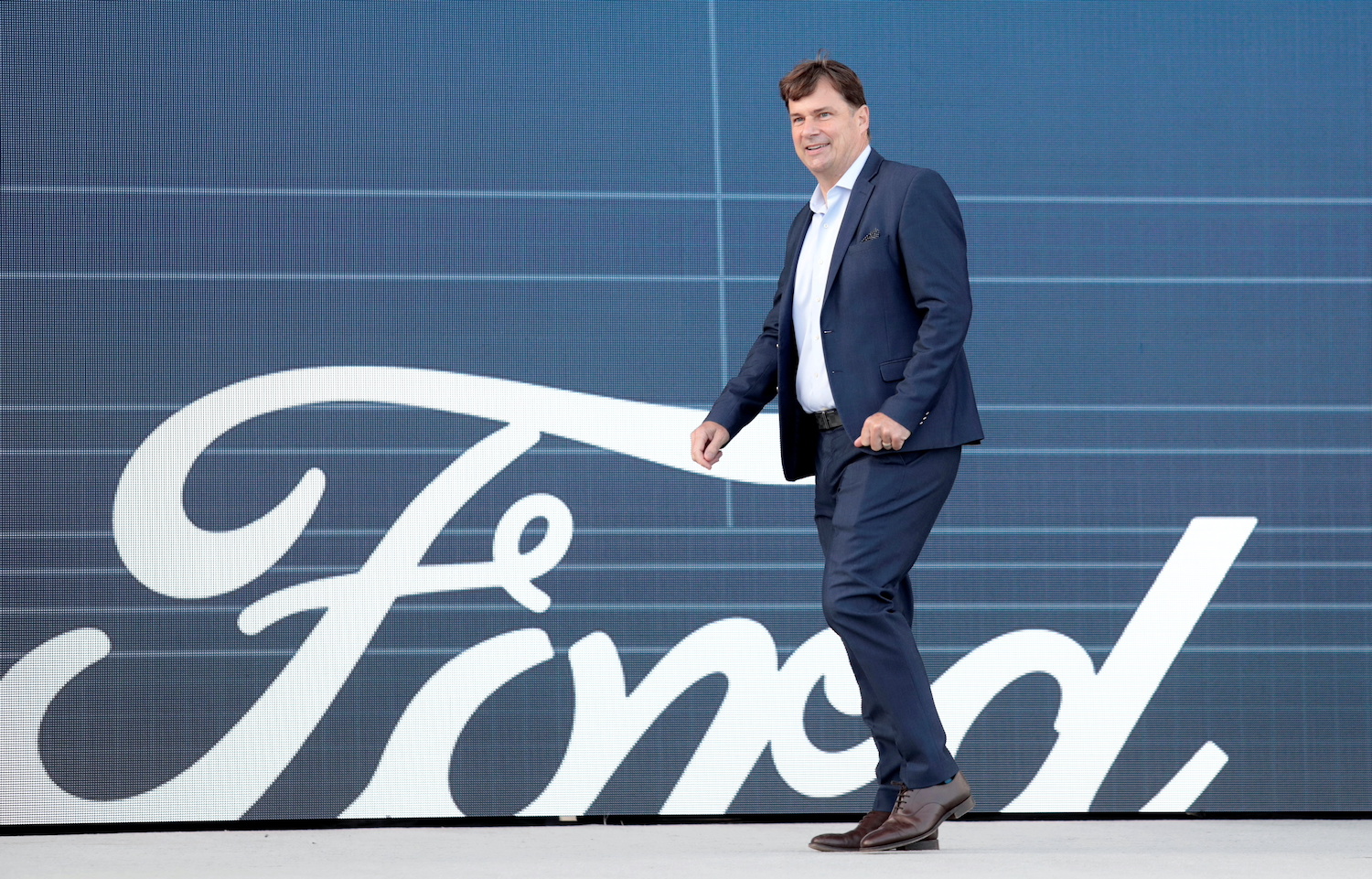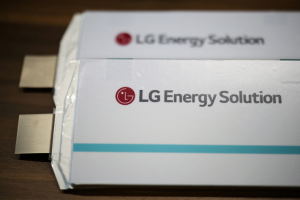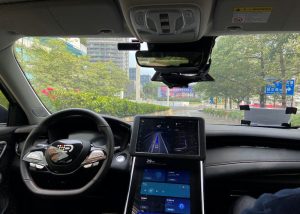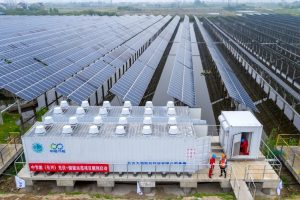Ford chief Jim Farley told a podcast this week that he has been driving an electric vehicle made by China’s Xiaomi for the past six months and doesn’t want to give it up, according to a report by Business Insider.
“It’s fantastic. They sell 10,000, 20,000 a month. They’re sold out for six months,” Farley said, speaking of Xiaomi’s electric sedan Speed Ultra 7 (SU7), in a chat on The Fully Charged Podcast, the BI report said. Farley said he got the car by having it flown from Shanghai to Chicago.
He was also full of praise for Xiaomi.
Also on AF: EV Shift to Have Far-Reaching Impact on Trade, Employment: IMF
The brand was “an industry juggernaut and a consumer brand that is much stronger than car companies,” Farley said.
According to a recent report by The Wall Street Journal, the CEO of the best-selling car brand in the US has been taking trips to China and testing Chinese EVs over the past 18 months.
His experiences led him to see the country’s carmakers as “an existential threat”.
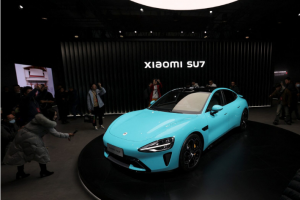
The WSJ report said Farley had arranged to have some Chinese EVs shipped to Michigan, which included the Xiaomi SU7, for Ford’s executives and directors to look at and get a feel of.
The other car was a $77,000 electric minivan from Li Auto, which Ford’s executives said was similar to “business-class air travel or a home theatre.”
Farley told the WSJ the experiences made him realise that “executing to a Chinese standard is going to be the most important priority.”
They also prompted him to scrap plans of producing a large-sized electric SUV, and instead focus on smaller EVs.
Levelling the playing field
Farley’s attempts to understand Ford’s Chinese rivals were aimed at catching up with their know-how, according to the WSJ report.
China is the world’s biggest market for electric vehicles and automakers in the country have been beating global rivals with technology-packed cheap EVs.
The country’s biggest EV brand, BYD, is in a head-to-race with Elon Musk’s Tesla to become the world’s biggest seller.
That prowess over EV technology — gained, in part, with billions of dollars worth of state support for more than a decade — has left Western automakers worried.
In February, a US auto industry lobby said the introduction of cheap Chinese EVs to the American market could “end up being an extinction-level event for the US auto sector.”
To protect its market, the US recently levied 100% tariffs on imported Chinese EVs — which remain very few in number so far.
Ford’s Farley has supported those levies, saying tariffs level the playing field, giving US automakers a short window to match Chinese rivals’ ability to make cheaper EVs.
View this post on Instagram
- Vishakha Saxena
Also read:
In Battle for China EV Market, Xiaomi’s ‘Thor’ Takes on Elon Musk
Xiaomi’s EV Launch Sees Its Market Value Overtake GM, Ford
Xiaomi EV Unit Helps Drive Q2 Revenues Past Forecast
Shares of China’s Xiaomi Jump on News of its First EV Launch
China’s Xiaomi Unveils Fast-Charging EV to Rival Tesla, Porsche
All-Time-High EV Sales in China Defy Slowdown Worry
In U-Turn, Elon Musk Says US Tariffs on Chinese EVs ‘Not Good’
EU Backs Large Tariffs on Chinese EVs But Talks Will Continue




